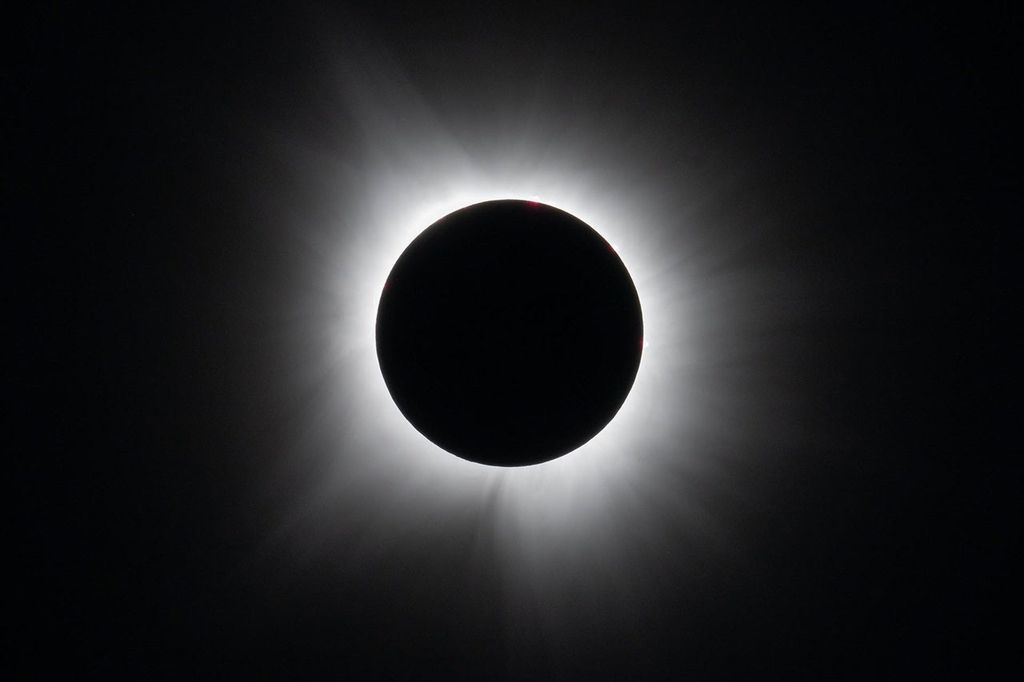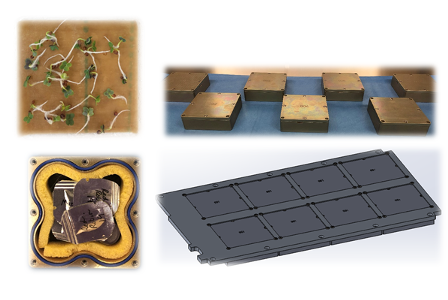MISSE-SEED
Science Objective
Materials International Space Station Experiment-14-NASA (MISSE-14-NASA) continues a series of tests by NASA Glenn Research Center on how the harsh environment of space affects the performance and durability of various materials. Each mission tests new materials and material configurations, and similar materials fly on multiple MISSE missions. MISSE-14-NASA exposes de-orbit, phase change and radiation shielding materials as well as 11 types of crop seeds to the space environment.
Status
Supplies launched aboard NG-15 on February 20, 2021, from Wallops Flight Facility.
Experiment Description
Eleven seed varieties will be exposed to the space environment outside the ISS as part of the MISSE-Seed experiment. The experiment, designed by KSC Space Biology Scientist Dr. Ye Zhang, was selected for flight on the Materials International Space Station Experiment-14-NASA (MISSE-14-NASA) mission and will be used to test the MISSE facility as a platform for exposing biological samples to the space environment. The seeds will be exposed to the space environment for six months at the MISSE Zenith position. Seed varieties include Lettuce, Scarlet Frills, Amara, Garnet Giant, Pac Choi, Radish, Mizuna, Tomato, Cauliflower, Pepper, and Arabidopsis.
The science experiment aims to investigate the effects of long-duration space radiation exposure on seed quality and storage. The project will also validate the effectiveness of passive sample containment vessels for providing acceptable storage conditions to preserve seeds or other biological samples during exposure to the space environment outside the ISS. Prior to flight, the seeds were packaged in aluminum foil packets then the packets were heat-sealed and placed in two different Experiment Unique Equipment (EUE) sample container types: one with and one without thermal insulation materials. Data loggers and thermoluminescent dosimeters (TLDs) were included in each container to document the environmental data. After the six-month exposure and sample return, seed germination rates and seedling development will be evaluated at KSC to determine the impact of the space environment exposure. A ground control test will be conducted at KSC. This project is supported by STMD, the ISS Program Office, and the SMD/BPS Space Biology Program as part of the MISSE-14-NASA mission.





























